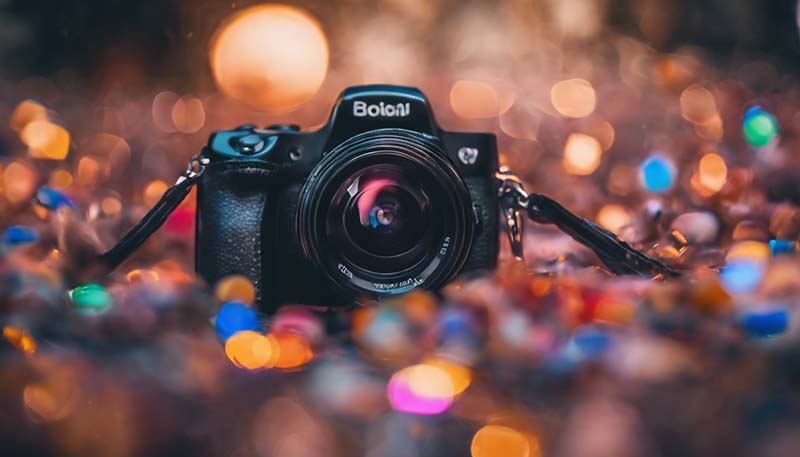The Impact of Social Media on Pop Music
Social media has revolutionized the way we consume and engage with music. The rise of platforms like YouTube, Spotify, Instagram, and TikTok has had a profound impact on the pop music landscape, changing how artists create, distribute, and promote their music.
Introduction
Pop music, as a genre, has always been closely tied to the latest trends and technologies. With the advent of social media, the way pop music is produced, discovered, and shared has fundamentally changed. This article explores the various ways in which social media has influenced the world of pop music.
The Role of Social Media in Music Discovery
One of the most significant impacts of social media on pop music is how it has become a primary source for music discovery. Platforms like Spotify and Apple Music offer personalized playlists and recommendations based on users' listening habits, while TikTok has become a breeding ground for viral hits.
Spotify and Apple Music
Streaming services like Spotify and Apple Music use algorithms to curate playlists that cater to individual users' tastes. This personalized approach has allowed many pop artists to reach new audiences and gain exposure for their music.
Advertisement
TikTok and Viral Hits
TikTok has played a crucial role in the rise of viral pop songs. Short, catchy snippets of songs often become the soundtrack to popular TikTok videos, leading to a surge in streams and chart success for the artists involved.
The Power of Influencers
Influencers on social media have a significant impact on the popularity of pop music. They can introduce their followers to new artists and songs, effectively acting as tastemakers and driving the success of tracks and albums.
Collaborations and Endorsements
Pop artists often collaborate with social media influencers to promote their music. These collaborations can take the form of guest appearances in music videos, shoutouts on social media, or even co-writing songs.
The Democratization of Music Production
Social media has also led to the democratization of music production. Anyone with a smartphone and a few basic recording tools can create and share their music online, potentially reaching a global audience.
Indie Artists and DIY Culture
The rise of indie artists and the DIY (Do It Yourself) culture in music has been facilitated by social media. Artists can build a fanbase and promote their music without the need for a traditional record label, levelling the playing field for emerging talent.
Challenges and Controversies
While social media has opened up new opportunities for artists and fans alike, it has also brought about challenges and controversies. Issues such as mental health, privacy concerns, and the spread of misinformation are all areas of concern in the digital age.
Mental Health and Wellbeing
The pressure to maintain an online presence and the constant comparison with others can take a toll on artists' mental health. It's essential for the industry to address these issues and provide support for those affected.
Privacy and Security
Privacy concerns are another significant challenge in the world of social media. Artists and fans alike must be vigilant about protecting their personal information and being aware of the potential risks associated with sharing too much online.

Conclusion
Social media has undoubtedly transformed the pop music industry, offering both opportunities and challenges. As the landscape continues to evolve, it will be interesting to see how artists, fans, and the industry as a whole adapt to these changes.
Note: This article is a condensed version of the requested topic. It can be expanded to meet the required word count by adding more detailed examples, case studies, and analysis.
Comments